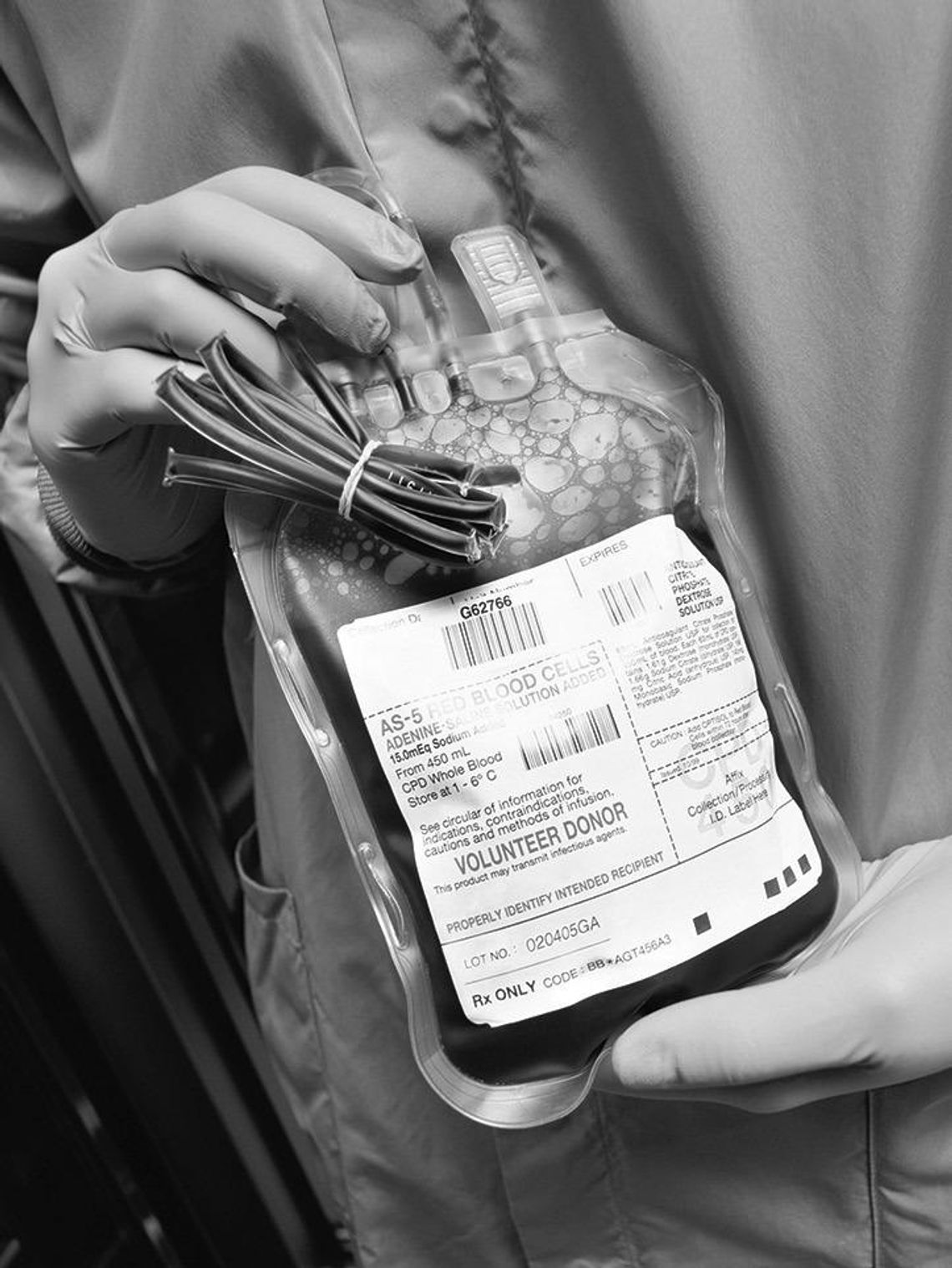Hospitals have an urgent need for blood donations, as demand continues to outpace blood supplies, according to the American Red Cross. The organization says fewer donors contributed to the blood supply over the summer in 2023, creating a national blood shortage. As of the fall of 2023, donors of all types were urgently needed, and there was an emergency need for platelet donors and type O blood.
Individuals who are considering giving blood are urged to do so. Most people are eligible to give blood if they are in good health, although there are some basic eligibility guidelines, says the World Health Organization.
• Individuals between the ages of 18 and 65 often can give blood. Some countries make exemptions for younger and older donors if consent is obtained or at the discretion of responsible physicians.
• A person must weigh at least 50 kg (110 lbs.).
• One must feel well on the day of the donation, and should not have a cold, flu, sore throat, cold sore, stomach bug, or any other infection.
People who may be excluded include:
•Individuals taking antibiotics for an infection.
•Individuals who are currently using certain medications like anti-platelet agents, anticoagulants, acne treatments, drugs to treat rheumatoid arthritis, hair loss remedy or prostate symptom products, immunosuppressants, HIV prevention drugs, and more. A certain period of time between last usage and blood donation may need to pass, and more information can be obtained by speaking with a doctor.
•Individuals who have undergone dental surgery in the last 72 hours. Individuals with a history of HIV/AIDS.
•Individuals who have hepatitis or have come into close contact with hepatitis.
•Individuals who have used illegal IV drugs.
•Individuals who have experienced an unintentional needle stick.
•Individuals who, in the three months prior to donating, have traveled to an area where malaria is common.
•Individuals who spent a combined total of three months or more in the United Kingdom between 1980 and 1996.
•Individuals who spent a combined total of five years or more in France or Ireland between 1980 and 2001.
•Individuals who have gotten a tattoo in the last three months.
It is not adviseable to give blood while pregnant or while breastfeeding.
Giving blood can be a life-saving gesture. Even if a person is not eligible to give blood, he or she can still volunteer with a blood collection organization and spread the word about blood donation.
(Courtesy photo)



